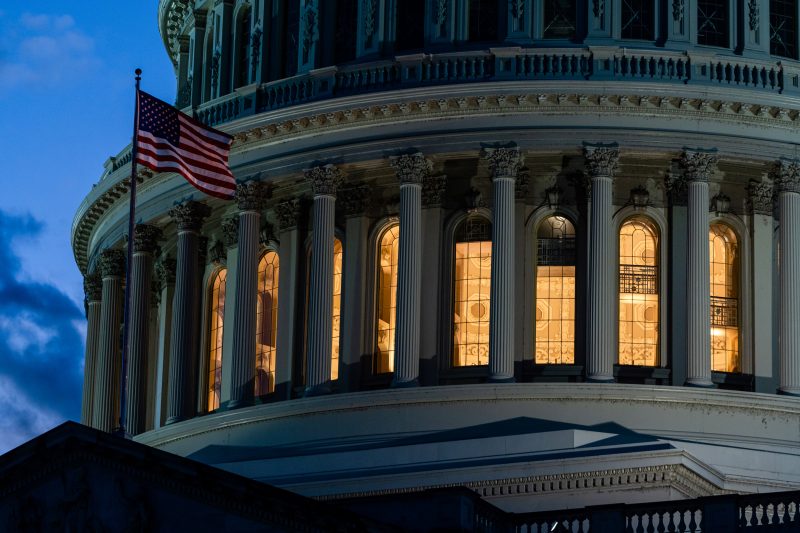The recently impasse between congressional leaders and President Trump over alternate spending projections has left Americans wondering: what would happen if there is an actual government shutdown?
On December 21st, the federal government officially shut down, leaving hundreds of thousands of employees without pay.
A short-term shutdown wouldn’t have the same economic impact as a prolonged one would. During the last government shutdown in 2018, the economy saw a direct loss of $4 billion in government spending. Though not entirely insignificant, this amount is a mere drop in the bucket in the broader U.S. economy.
Still, the indirect effects could be more damaging. For one, the stress of a lack of pay can affect the morale of federal employees, potentially forcing them to look for new employment outside of the government. In the long-term, a decrease in employee loyalty could lead to higher employee turnover, ultimately reducing the quality of services provided by the U.S. government.
The longer a government shutdown persists, the greater the potential damage to the economy. If the shutdown lasts for more than a few weeks, the impact could become more serious. Private businesses that rely on government funding can suffer, as can local economies across the country. An extended shutdown also puts pressure on the stock market, as investors become uncertain about the economic outlook.
No matter the outcome of the current political stand-off, it is clear that a prolonged government shutdown would be an unwelcome disruption for the U.S. economy. The long-term negative impacts could be substantial, and should be taken into account during negotiations.
